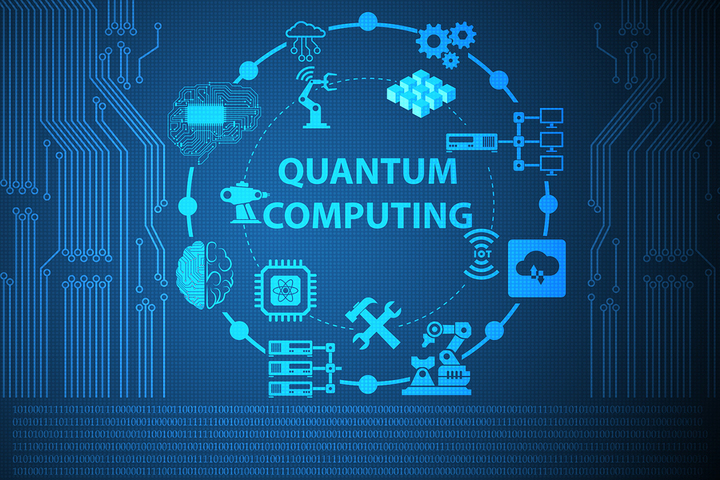
The Quantum Leap: AI’s Revolutionary Potential with Quantum ComputingThe Quantum Leap: AI’s Revolutionary Potential with Quantum Computing The convergence of artificial intelligence (AI) and quantum computing has ignited a captivating new era of technological advancement. Quantum computing, with its unparalleled computational capabilities, holds the promise to revolutionize AI in ways that were previously unimaginable. Enhanced Machine Learning Algorithms Quantum computing enables the development of quantum machine learning algorithms that outperform classical counterparts. These algorithms can process vast amounts of data exponentially faster, leading to more accurate and sophisticated models. This has implications for applications in areas such as natural language processing, image recognition, and predictive analytics. Accelerated AI Training The extended processing capabilities of quantum computers significantly reduce the training time for AI models. This allows for the development and deployment of AI solutions at an unprecedented pace, enabling businesses and organizations to adapt quickly to changing market demands. Exploration of New Frontiers Quantum computing enables AI to venture into previously unreachable territories. For instance, quantum AI can tackle complex optimization problems, design new drugs, and simulate financial scenarios with higher degrees of accuracy. These advancements have the potential to accelerate scientific breakthroughs and transform industries. Integrated Quantum-Classical Systems Hybrid quantum-classical computing systems bridge the gap between the classical and quantum realms. By combining the strengths of both technologies, researchers can develop AI algorithms that leverage the advantages of each platform. This integration creates a powerful new paradigm for AI development. Challenges and Opportunities While the potential of quantum computing for AI is immense, challenges remain. Quantum computers are still in their infancy and require significant investment and infrastructure development. Additionally, the need for specialized expertise and the complexities of quantum programming present barriers to widespread adoption. Overcoming these challenges requires collaboration between researchers, industry leaders, and policymakers. By fostering a supportive ecosystem, we can accelerate the development and deployment of quantum-powered AI solutions. Conclusion The integration of AI with quantum computing opens up a transformative new chapter in technology. By leveraging the unprecedented computational capabilities of quantum computers, AI can achieve unprecedented levels of performance, leading to groundbreaking advances in a wide range of domains. As the field continues to evolve, we can expect quantum computing to revolutionize the way we develop, deploy, and utilize AI in every aspect of our lives.
Posted inNews